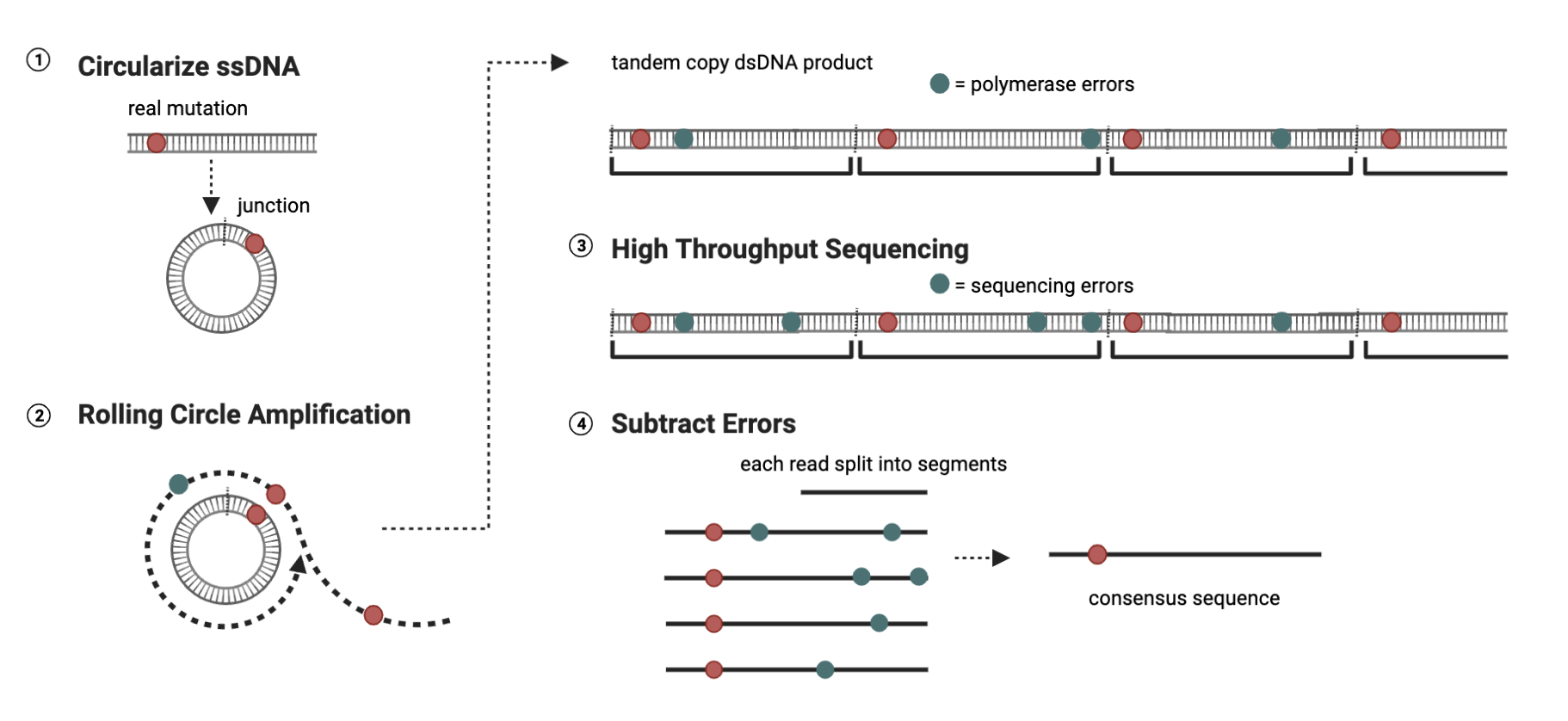
Selection against mitochondrial mutations occurs across life stages in Drosophila
Physical and Biological Sciences
Corbett-Detig Lab
The accumulation of heteroplasmy -or genetic variation of mitochondrial DNA within the body- is associated with aging, neurodegenerative disease, cancer, and muscle degeneration disorders. Somatic mitochondrial mutations accumulate through the lifespan of an organism, and it is important to understand the frequencies, rates, and sources of natural selection that drive the accumulation and abundance of such mutations. Drosophila simulans is a potentially valuable model organism for studies of mitochondrial mutation load because they have short generation times, can be sampled at many life stages, and have a well annotated genome. Using an ultra-accurate sequencing technique capable of detecting low-frequency variation within a single tissue sample, I identified very low-frequency mutations in D. simulans individuals with high accuracy. By analyzing multiple individuals across different life stages, we compare mitochondrial mutational loads and evaluate the accumulation of heteroplasmy through the lifecycle of the flies. We quantified mutational impact on mitochondrially encoded genes known to be crucial for the production of ATP, revealing selective pressure on missense mutations across life stages. The discovery of selection against missense mutations has implications for our broader understanding of heteroplasmy and can provide insights into the diseases and disorders that it contributes to.